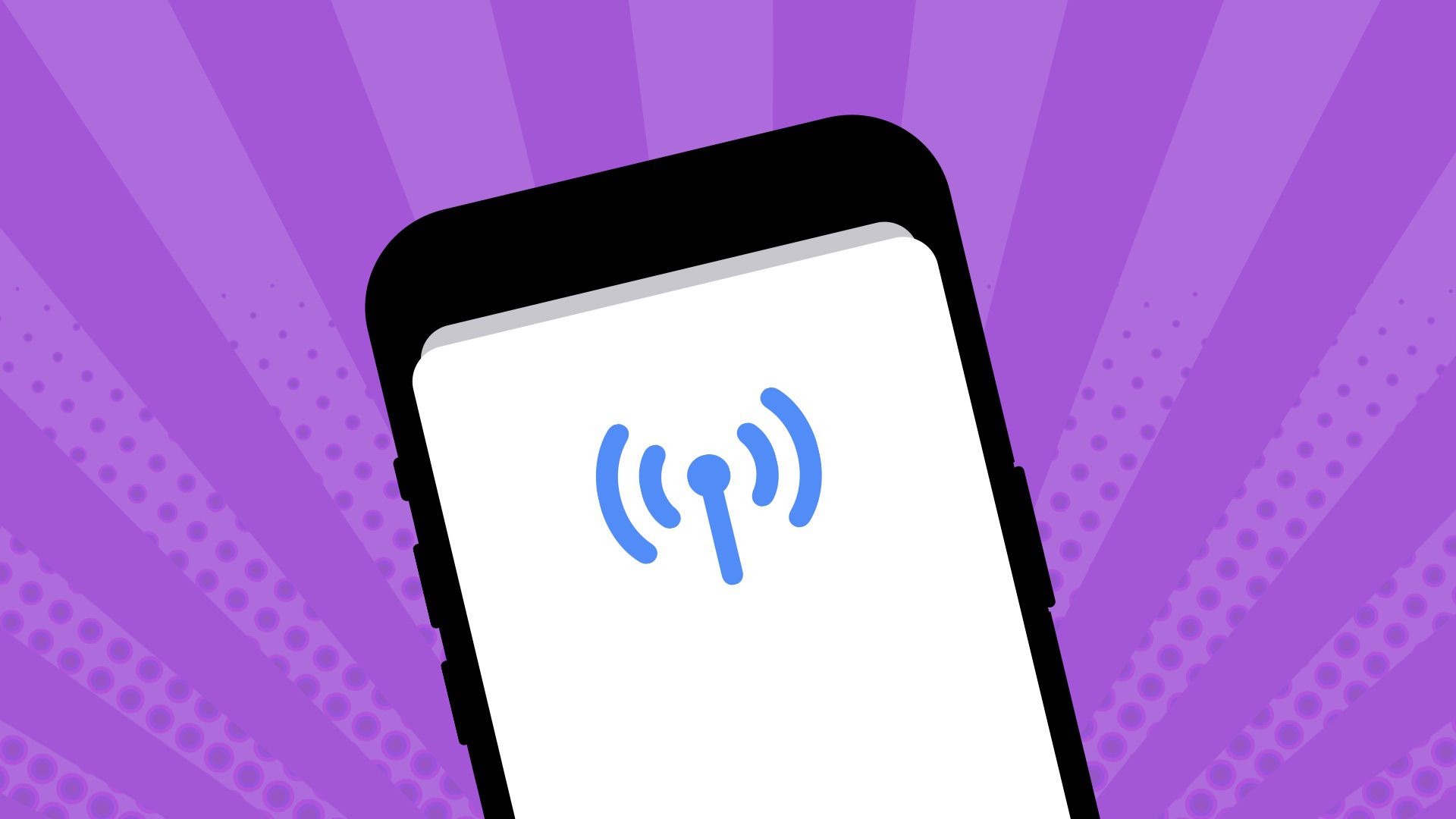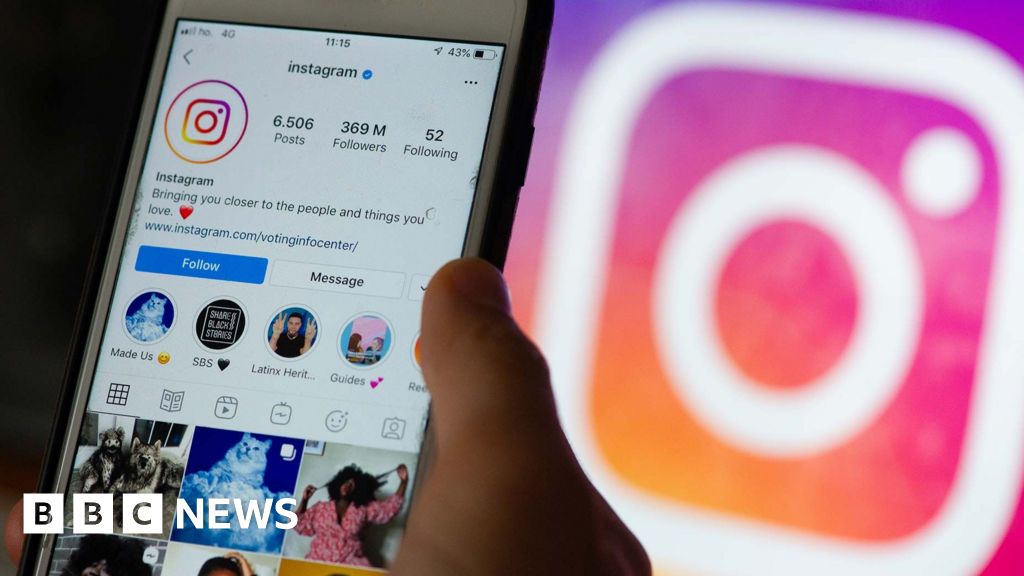Apple's Latest iPhone Cameras: A Photographer's Dream Come True

Introduction
Apple's latest lineup of iPhones, the iPhone 17, iPhone Air, and iPhone 17 Pro, has been making waves in the tech world. With new and improved cameras, these phones are a photographer's dream come true. And who better to put them to the test than renowned photographer Tyler Stalman? In a new video shot entirely on the iPhone 17 Pro, he takes an in-depth look at the cameras on the new iPhone 17 lineup. Let's dive into the details and see what he found.
Key Details
In his video, Stalman showcases the impressive capabilities of the cameras on the iPhone 17 Pro. He takes us on a journey through different lighting conditions, from bright daylight to low light situations, and the results are stunning. The new cameras on these iPhones boast improved color accuracy, better low light performance, and a new ultra-wide lens for capturing more in your shots. Stalman also notes the improved video stabilization, making it easier to capture smooth and professional-looking footage. Overall, the new cameras on the iPhone 17 lineup are a game-changer for photographers and videographers.
Impact
With the iPhone 17 lineup, Apple has once again set the bar high for smartphone cameras. These new and improved cameras have the potential to revolutionize the way we capture and share our memories. And with St
About the Organizations Mentioned
Apple
Apple Inc. is a leading American multinational technology company known for pioneering personal computing, mobile devices, and software ecosystems. Founded in 1976 by Steve Jobs and Steve Wozniak, Apple revolutionized technology with the first commercially successful personal computer and mainstream adoption of the graphical user interface (GUI), setting new standards in product design, user experience, and seamless integration across devices[2]. Headquartered in Cupertino, California, Apple’s product lineup includes the iPhone, iPad, Mac computers, Apple Watch, AirPods, and services such as the App Store, Apple Music, and iCloud. The company has built a vast ecosystem that enables third-party developers to expand product functionalities, strengthening its market dominance. Apple is widely recognized for its innovation in hardware, software, and services, with an emphasis on aesthetics and privacy. In 2025, Apple committed to its largest-ever investment initiative, pledging $600 billion over four years in the United States to boost manufacturing, research and development, and advanced technology sectors like artificial intelligence (AI) and silicon engineering[1][3]. This includes new manufacturing facilities, expanded R&D centers, and a program called the American Manufacturing Program (AMP) to encourage domestic production of critical components. These efforts support over 450,000 U.S. jobs and aim to establish a robust supply chain within the country[3]. Financially, Apple remains a powerhouse with a market capitalization of $3.84 trillion and annual revenue exceeding $400 billion. However, in 2025, it faced challenges including a 19% decline in stock value, intensified regulatory scrutiny from the U.S. Department of Justice over antitrust issues, legal disputes related to the App Store, and competitive pressure in AI technology[1][2]. Despite these hurdles, Apple continues to innovate, recently updating its software platforms with a unified "Liquid Glass" design and expanding its AI-driven personal assistant, Apple Intelligence[1]. Under CEO Tim Cook’s leadership, Apple balances technological advancement















